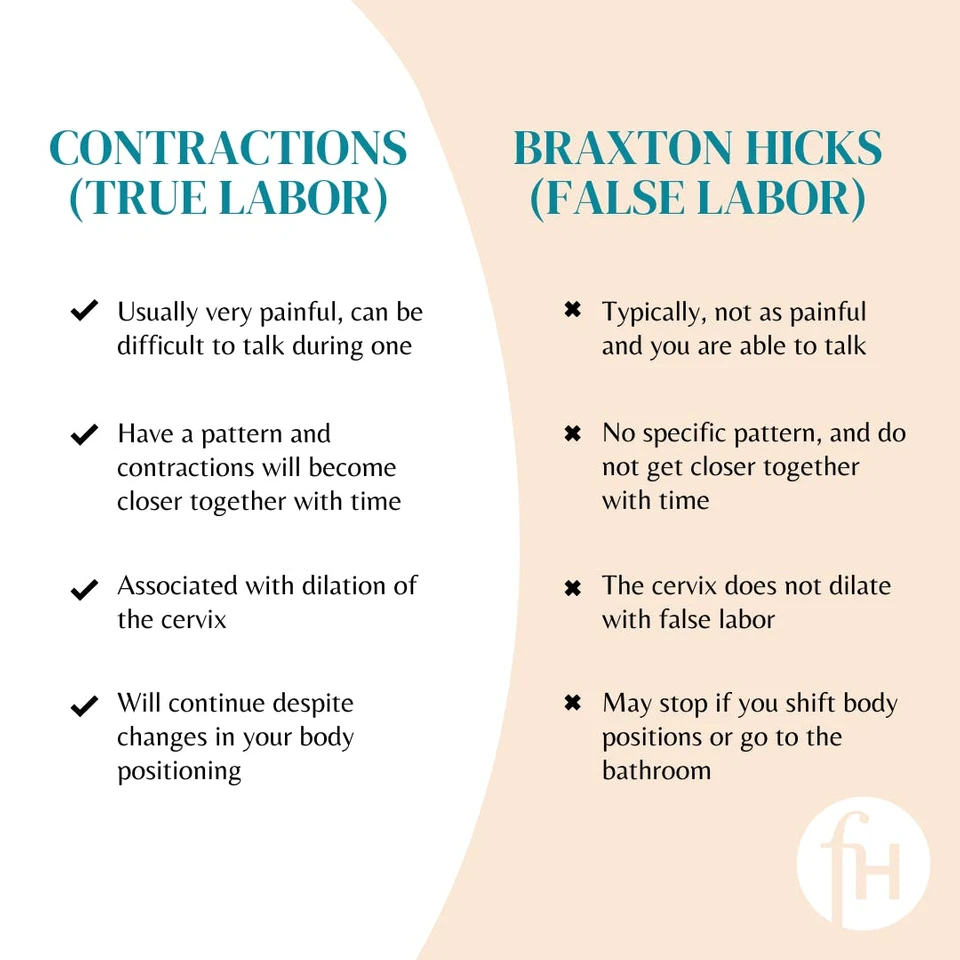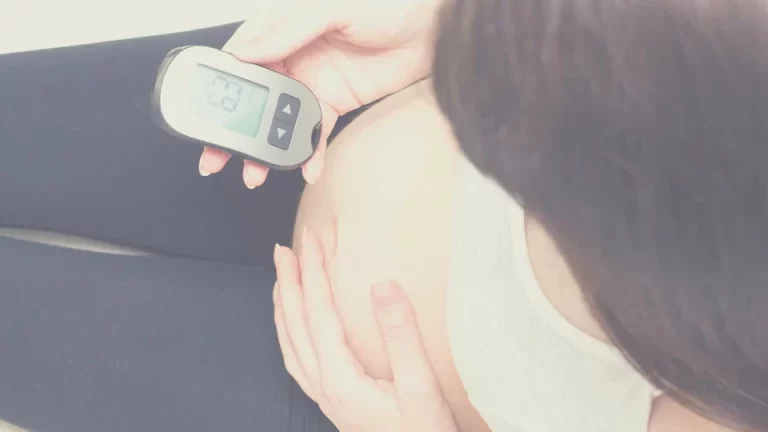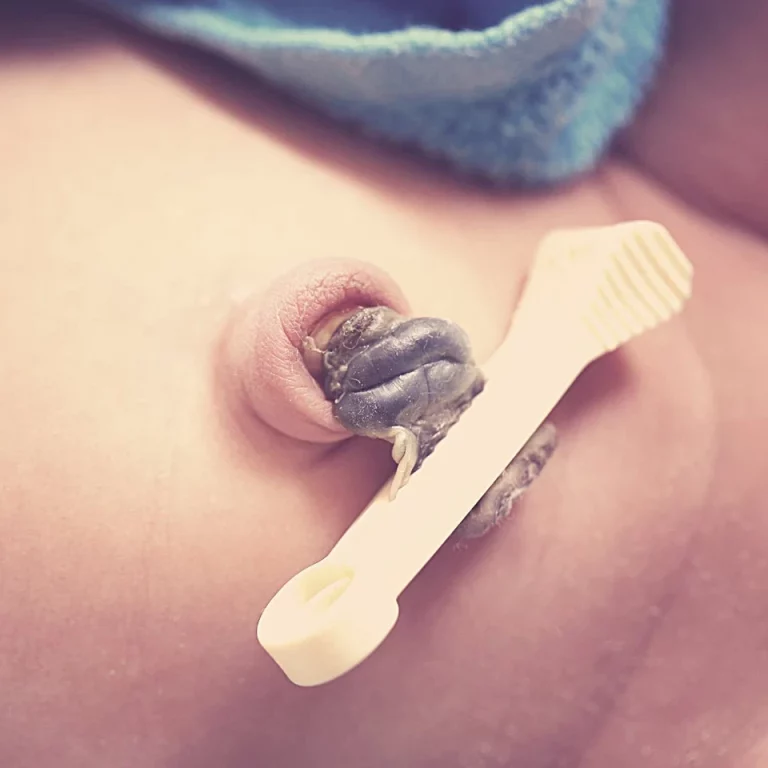Braxton Hicks Vs. Contractions In Real Labor
Braxton Hicks contractions happen in almost all pregnancies, but some women may not be aware of them. On the other hand, some people may experience Braxton Hicks contractions very often. Having frequent and powerful Braxton Hicks contractions may lead to pregnant women seeking urgent medical care because they think that they are in labor. While the majority of Braxton Hicks contractions tend to occur in the third trimester, sometimes they can happen as early as the second trimester.
What Braxton Hicks Feels Like
Braxton Hicks contractions feel like a tightening but it is not as strong as a true contraction. Additionally, braxton hicks contractions are usually localized to the front part of the belly or the woman’s abdomen. Real labor contractions are also felt in a woman’s back. Because they tend to be weak, people are often able to talk while they are having a contraction and the braxton hicks contraction does not “take their breath away” as a real contraction might.
What Is A Real Contraction?
A true contraction is when the muscles of your uterus tighten and relax during pregnancy. It is these contractions that help to push the baby out of your uterus into the birth canal towards the vaginal opening.
A real contraction in labor is associated with a gradual increase in pain. When the pain peaks or reaches its greatest intensity, the person may also sense a hardening of the belly area. Finally, after a predictable interval, the pain tends to fade away.
Is Braxton Hicks Painful?
Perhaps one of the most important distinctions is the level of pain associated with a real contraction. In most pregnancies, contractions for labor are very powerful. It is challenging to talk when you are experiencing a real contraction. You may feel winded and the labor contractions will get stronger with time. Braxton Hicks may cause a tightening sensation in the stomach and pelvic area but they are usually not extremely painful. They also don’t become more intense with time.
Can Braxton Hicks Last For Hours?
It is unlikely for Braxton Hicks contractions to last for hours. Braxton Hicks may resolve if you drink water, change your body position or go to the bathroom. If you are in true labor and having real contractions, hydrating yourself, changing the way you are sitting, or emptying your bladder will not cause true labor to stop.
Related: Round Ligament Pain In Pregnancy
Do Braxton Hicks Contractions Have A Patten?
When a person is in actual labor, the contractions last about 30 to 60 seconds, and occur at evenly spaced intervals, and the time between intervals decreases as true labor progresses. The pattern tends to be more predictable in real contractions than when someone is experiencing Braxton Hicks. For example, you may experience a one minute contraction every 10 minutes that then goes to a one minute contraction every 7 minutes. However, in false labor, Braxton Hicks contractions usually do not have a pattern of occurring at regular intervals and Braxton Hicks contractions do not get closer together. Braxton hicks are more likely to occur earlier in pregnancy whereas real contractions will happen closer to one’s due date. Additionally, false labor is not associated with dilation of the cervix, which does happen in true labor.
Sources:
(1) Rhoads GG, McNellis DC, Kessel SS. Home monitoring of uterine contractility. Summary of a workshop sponsored by the National Institute of Child Health and Human Development and the Bureau of Maternal and Child Health and Resources Development, Bethesda, Maryland, March 29 and 30, 1989. Am J Obstet Gynecol. 1991 Jul;165(1):2-6. [PubMed]
(2) MacKinnon K, McIntyre M. From Braxton Hicks to preterm labour: the constitution of risk in pregnancy.Can J Nurs Res.2006 Jun;38(2):56-72.[PubMed]
(3) Oosterhof H, Dijkstra K, Aarnoudse JG. Fetal Doppler velocimetry in the internal carotid and umbilical artery during Braxton Hicks’ contractions. Early Hum Dev. 1992 Aug;30(1):33-40. [PubMed]
We discuss products we think are useful to people. If you buy something through our links, we may earn a commission. Remember to check with your personal physician to see if a product recommended is right for you.








